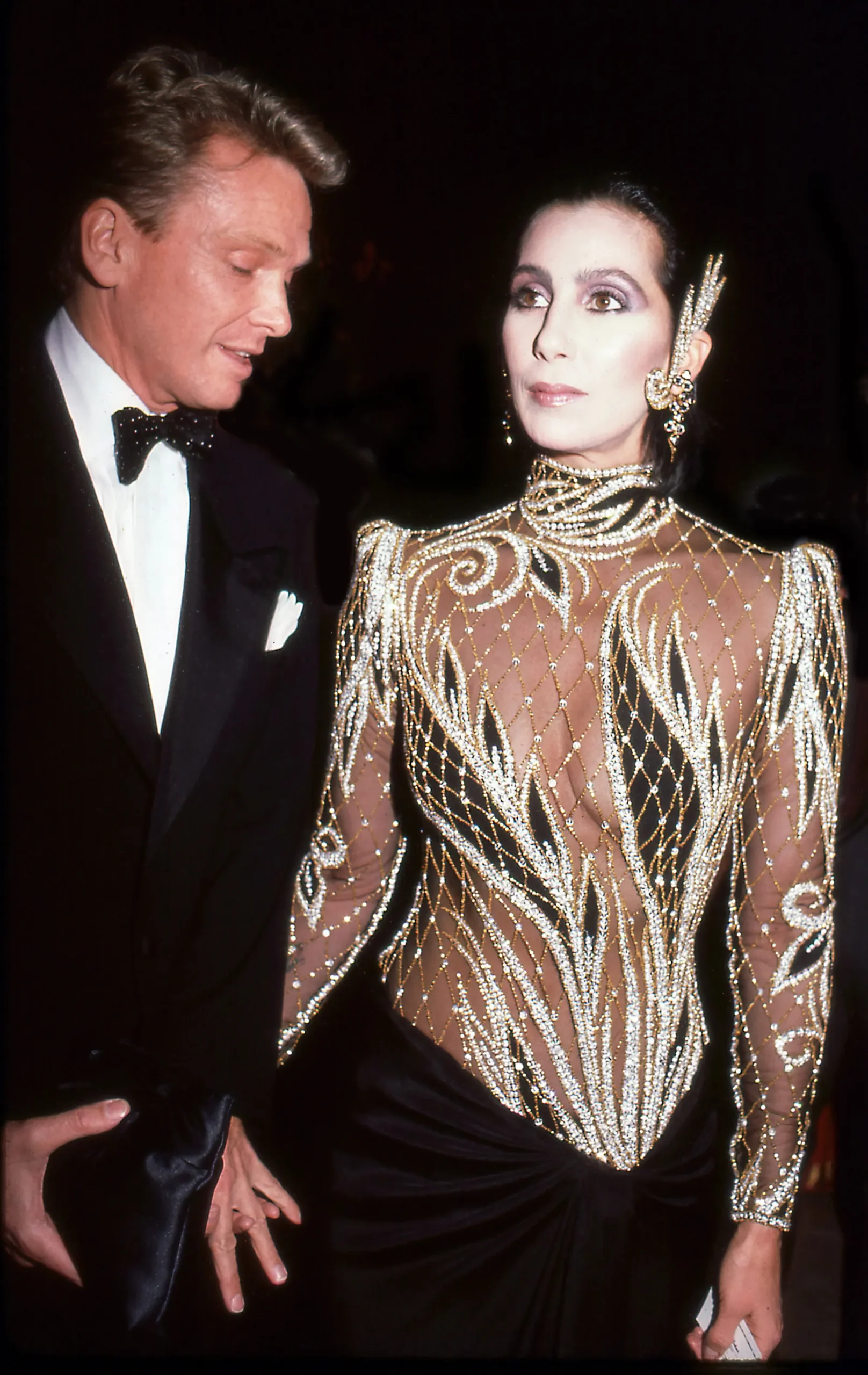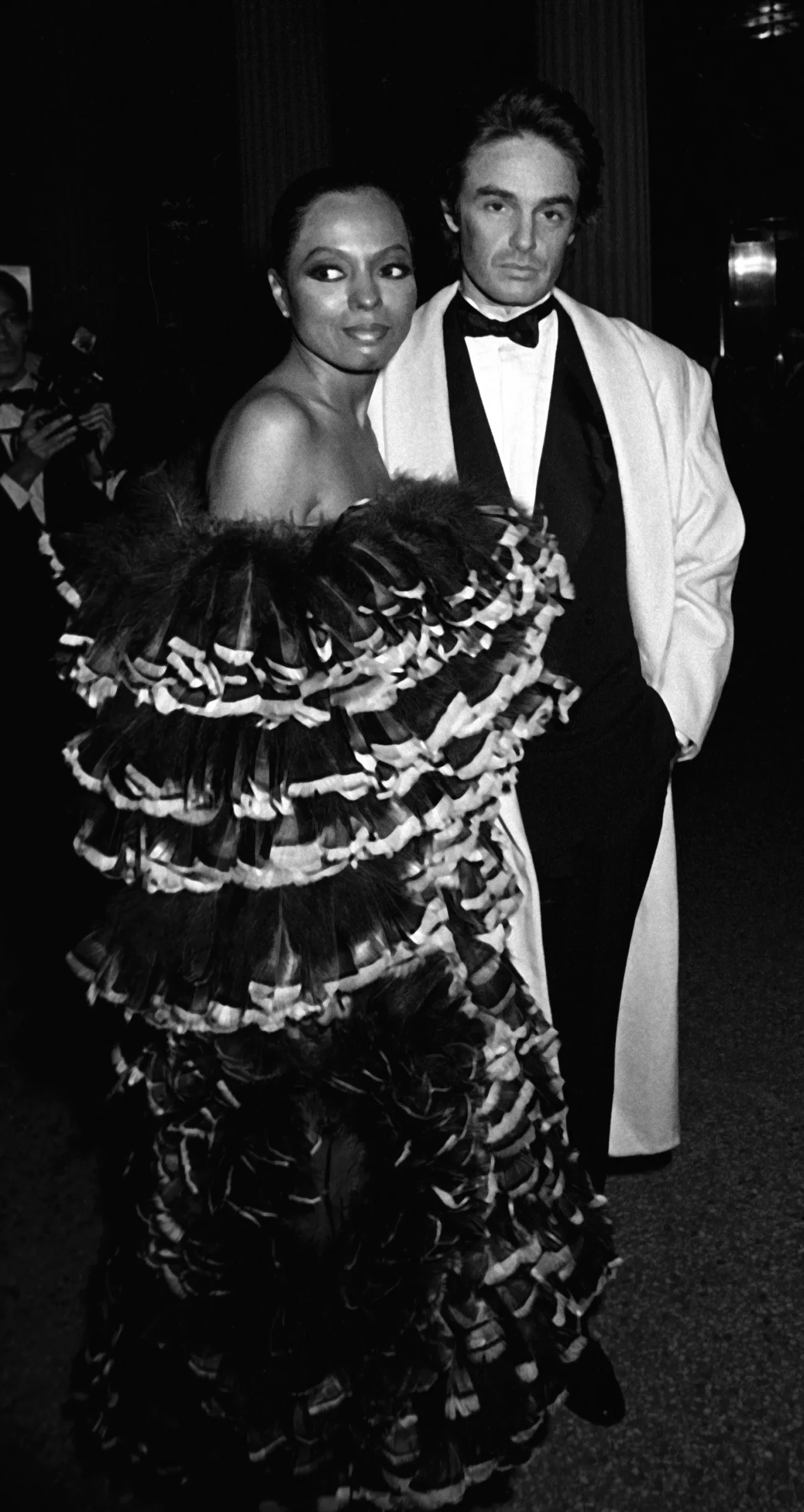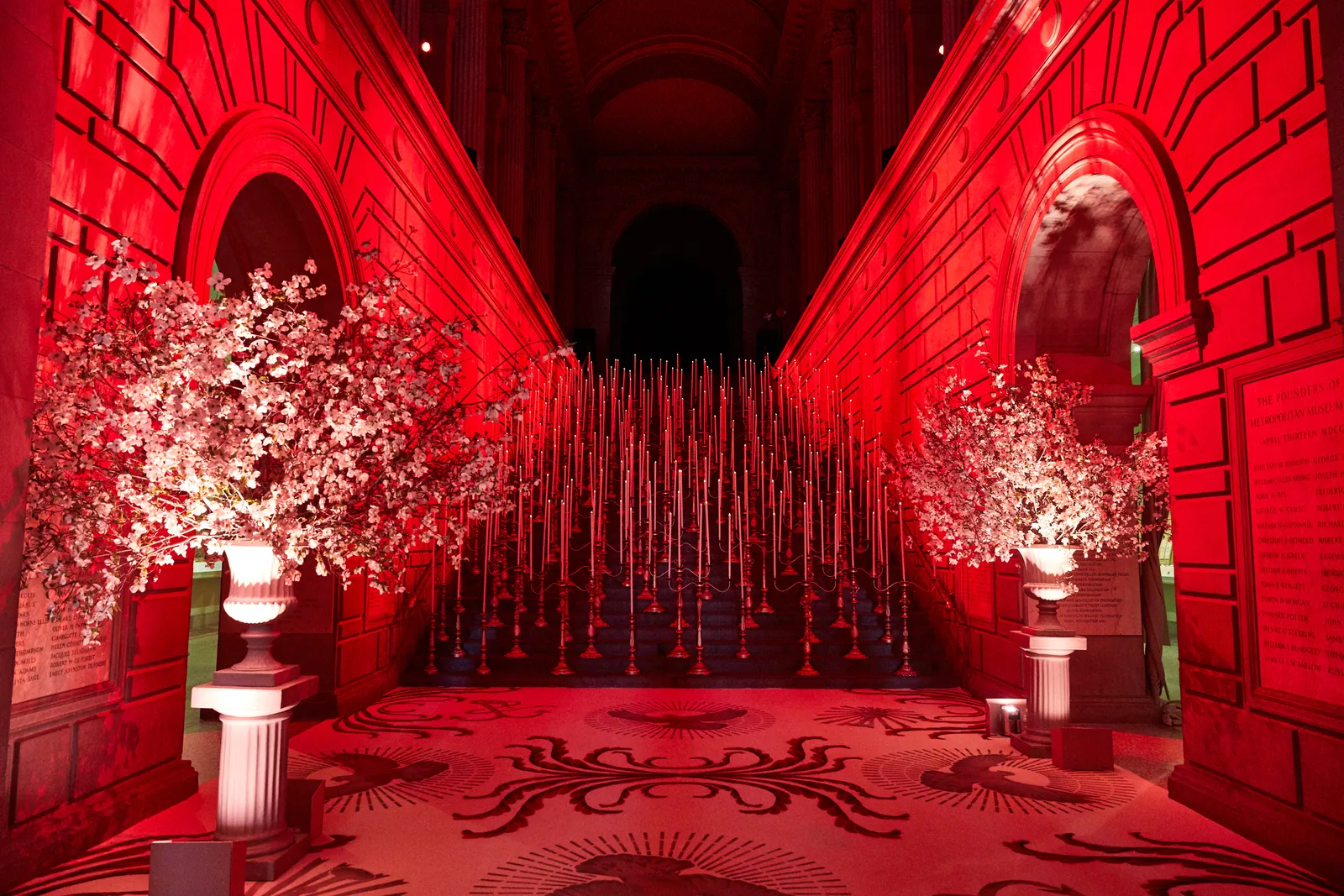The first Monday of May is here and fashion’s biggest night is upon us.
Operating for 74 years now, the Met Gala is known as the “red carpet” event of the fashion world. The prestigious event’s purpose is to raise money and is for the benefit of the Metropolitan Museum of Arts Costume Institute.
The main way that they do this is by allowing the tables at the gala to be purchased by brands or companies with a price tag ranging from $75,000 to $250,000.
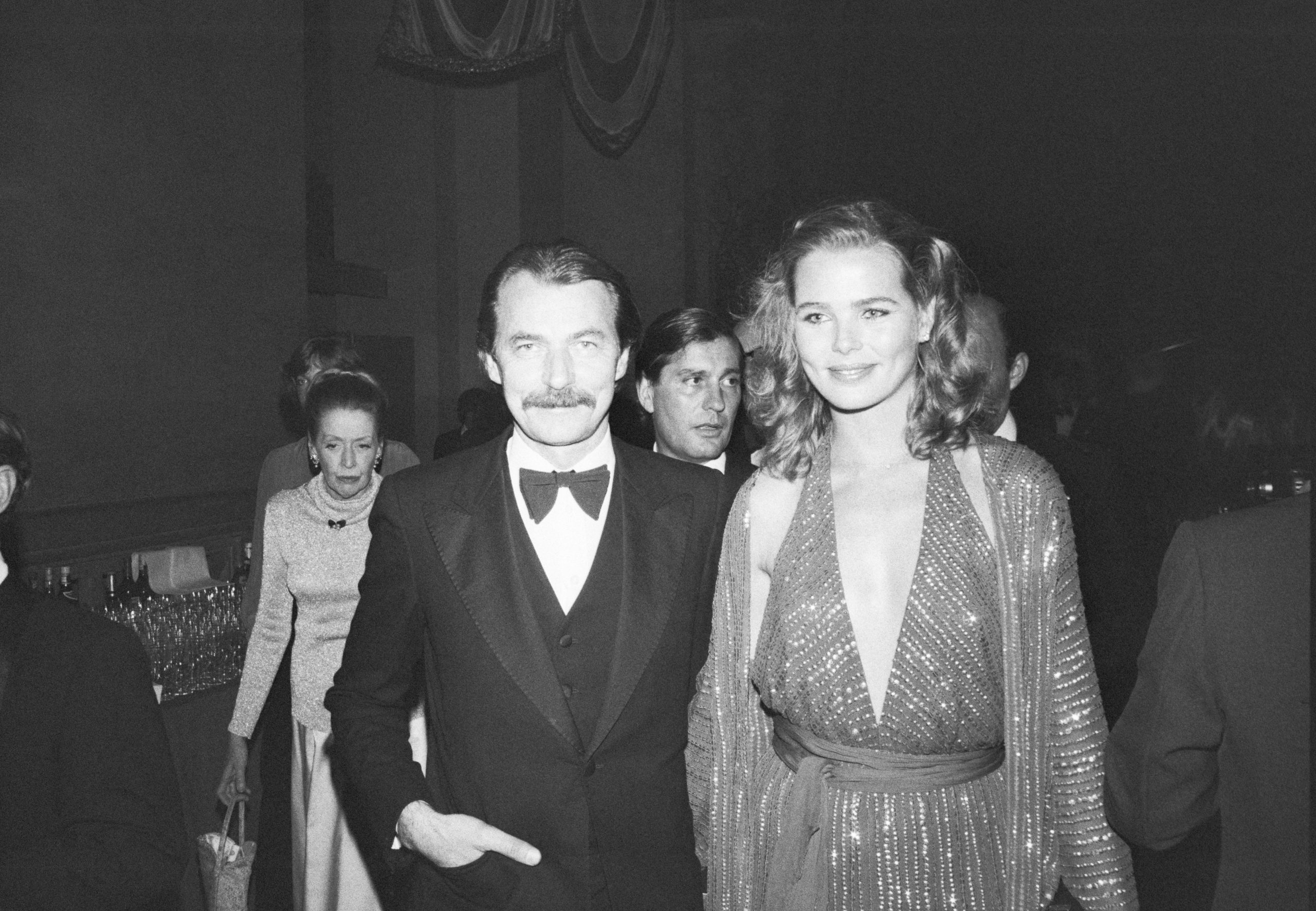
The event is also somewhat open to the public with tickets for sale at the high price of $30,000 to $50,000. However, the guest list is always at the mercy of Vogue’s current Editor in Chief: Anna Wintour. Wintour decides which A-list celebrities are allowed to walk the carpet on the biggest night of fashion.
Old Hollywood celebrities brought fame to the event with guests like Diana Ross, Elton John and Cher gracing the building.
That has remained a feature of the Gala — with current A-list celebrities consistently showing up to the prestigious event — such as Rihanna, Ariana Grande, Timothee Chalamet, Beyonce, Lady Gaga, Zendaya, and many more well-known faces
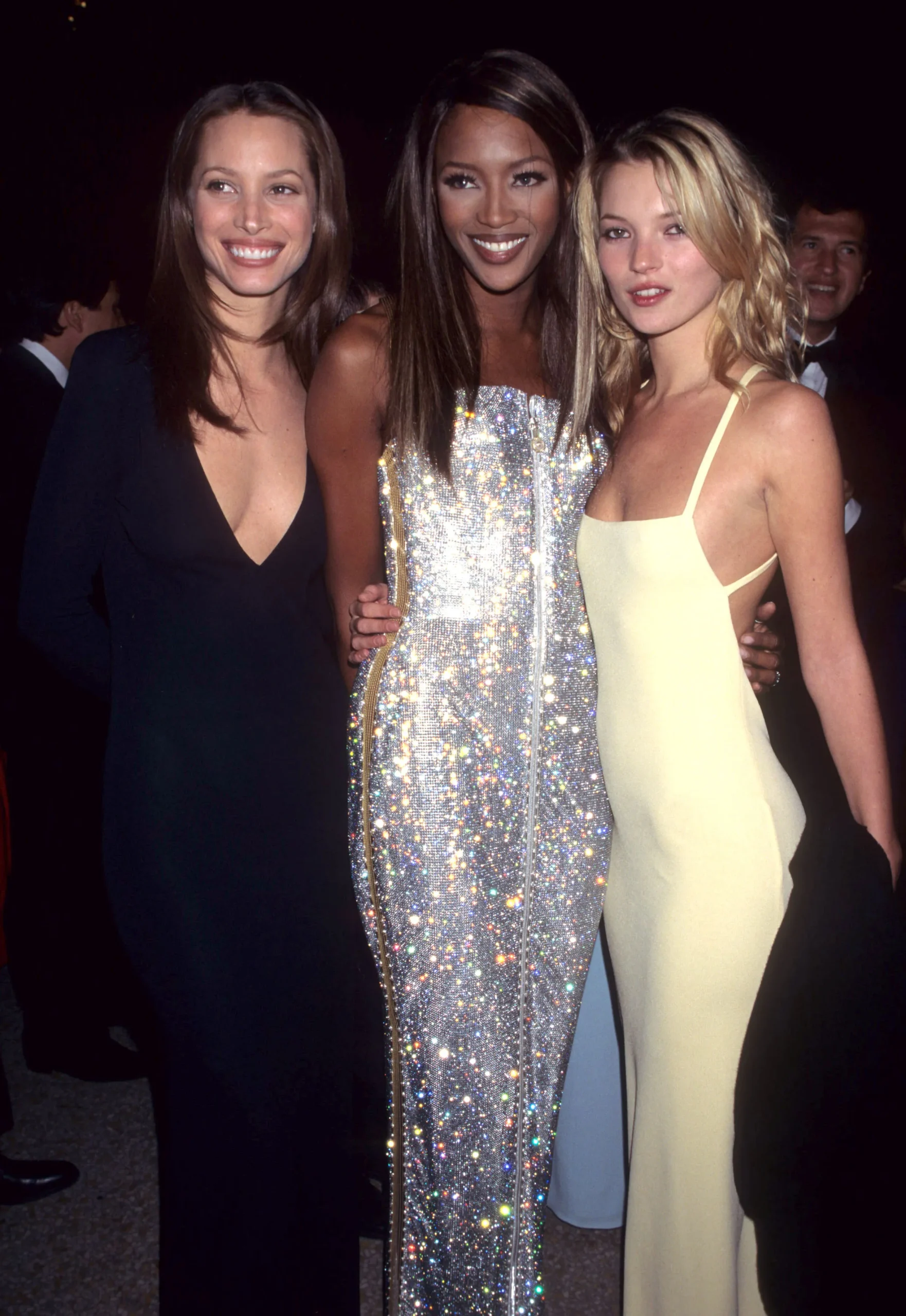
Part of the evolution of the Met Gala is seeing said celebrities being welcomed into the fold of the event attendees — as 60 years ago — attendance was only open to New York’s wealthy social elite. We all know that the idea of evolution is one that is associated with limitlessness.
Now it is 2022, and in the last 5 or so years, we are seeing something new added to the evolution of the Met Gala. Social media influencers, TikTokers and Youtubers are starting to appear on the carpets posing for the present flash photography.
The feedback from this new addition is…interesting to say the least. Just last year, in 2021, when a leaked guest list made rounds on the internet, the corners of Instagram, TikTok and Twitter were up in arms at seeing the internet stars’ names.
A lot of the outrage and frazzled chit-chat was rooted in opinions that the Met Gala will never be the same again! — and not in a good way — with claims that the Met Gala is becoming more and more classless, that Wintour is pathetically trying to appease Gen z’s and mainly, that influencers are not celebrities, and we should stop treating them as such.
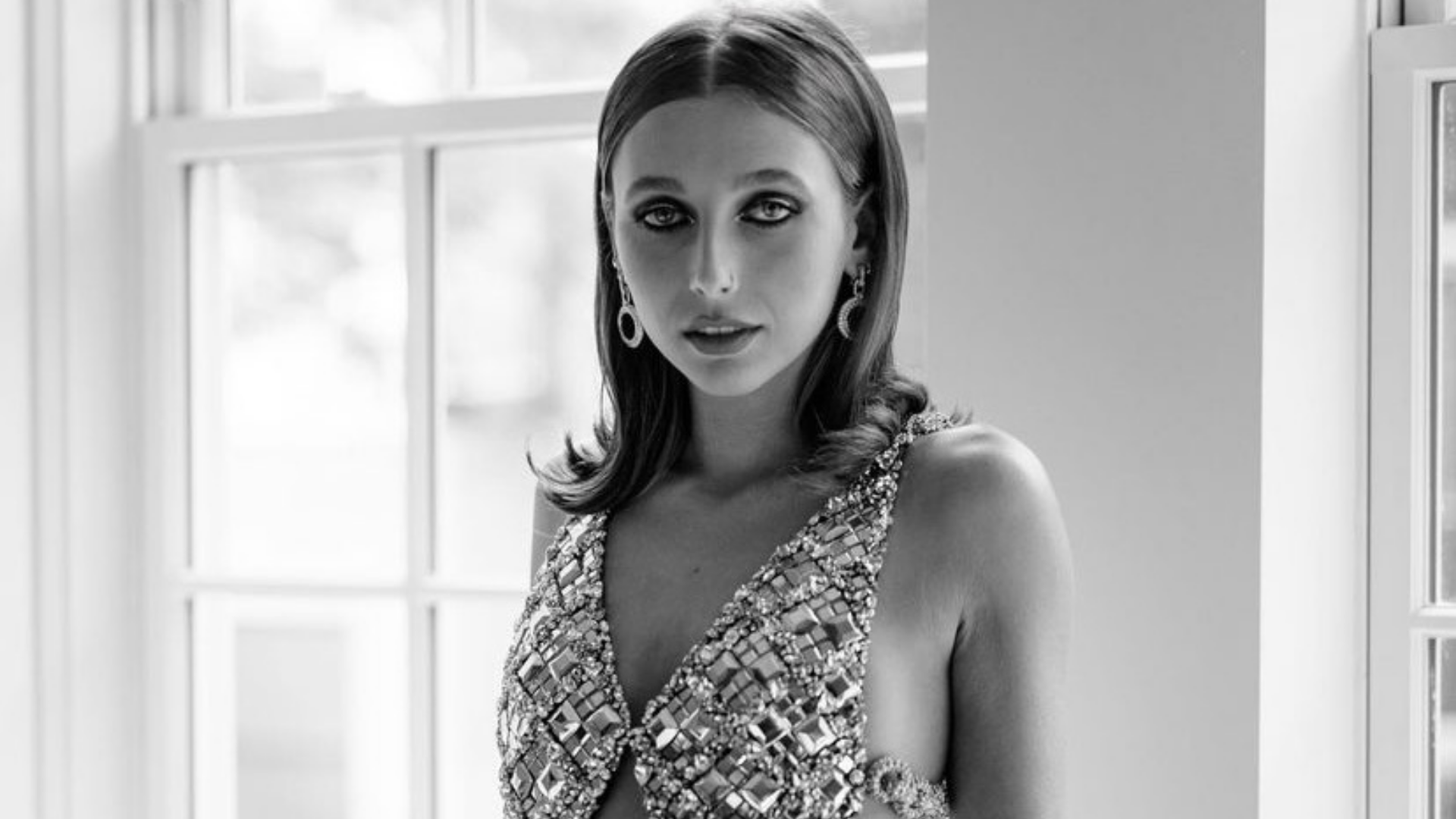
Are influencers celebrities? Could they be a new form of celebrity?
The making of a celebrity is one that could be arguably based in old Hollywood. Old Hollywood is the time between the 1930s and the 1950s in which actors, musicians, producers, film directors and other roles made up the face of fame and prestige.
Everyone saw them on their old television sets and wished to be them. Audrey Hepburn, Marilyn Monroe, Cary Grant, Elizabeth Taylor, Henry Fonda and the likes. They were glamorous, inaccessible, scandalous, beautiful and “cool”.
That is the foundation of celebrity — the creation and thriving ground of hierarchy between the entertainment industry’s best people and the general population. That is something that has been maintained. A young actor clawing their way through Hollywood becomes an A-list famous person because they “worked hard”.
So when someone is invited or shows up to the Met Gala, there is a subconscious classist and supremacist understanding that they deserve to be there and represent the height of human importance.
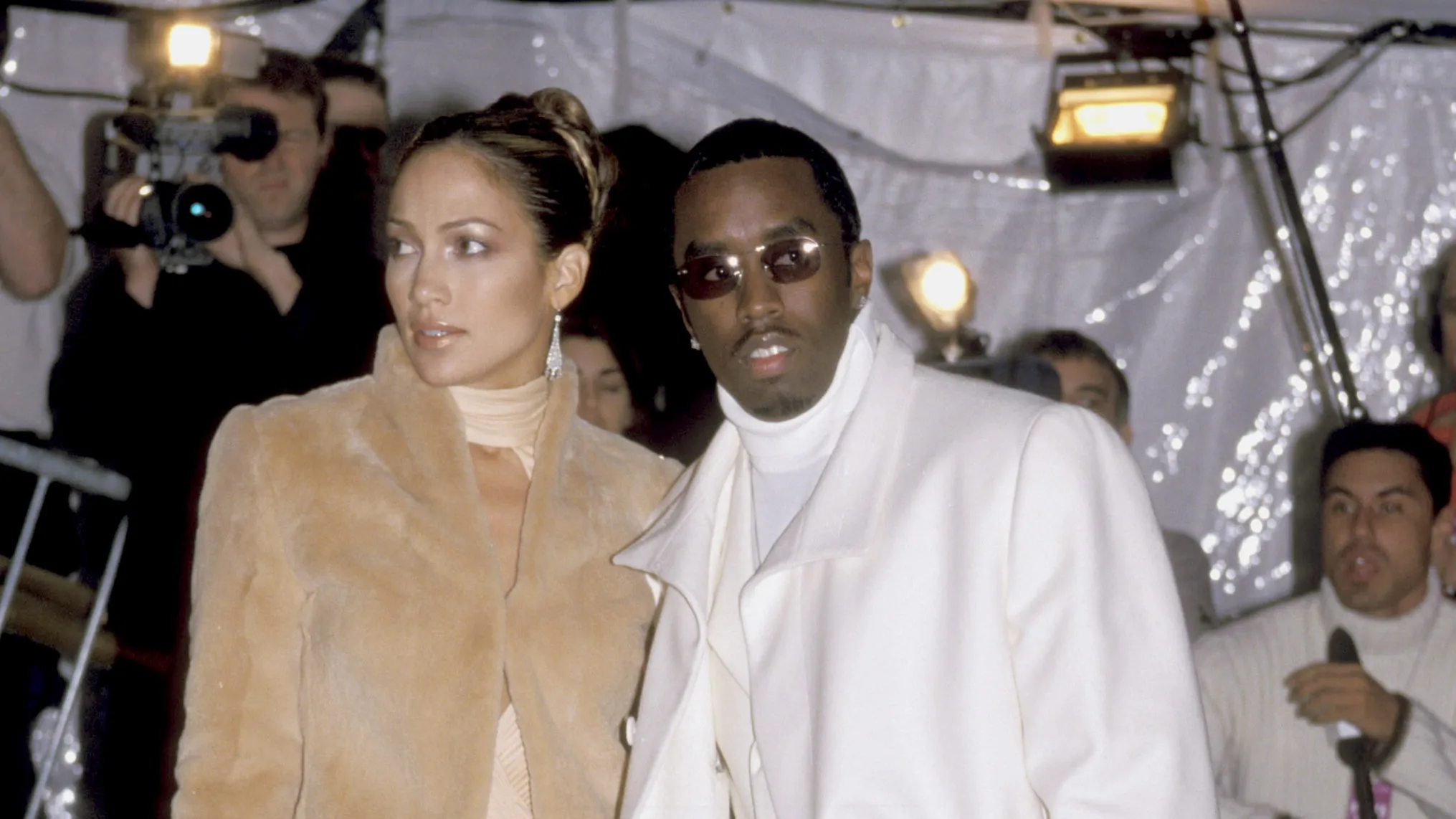
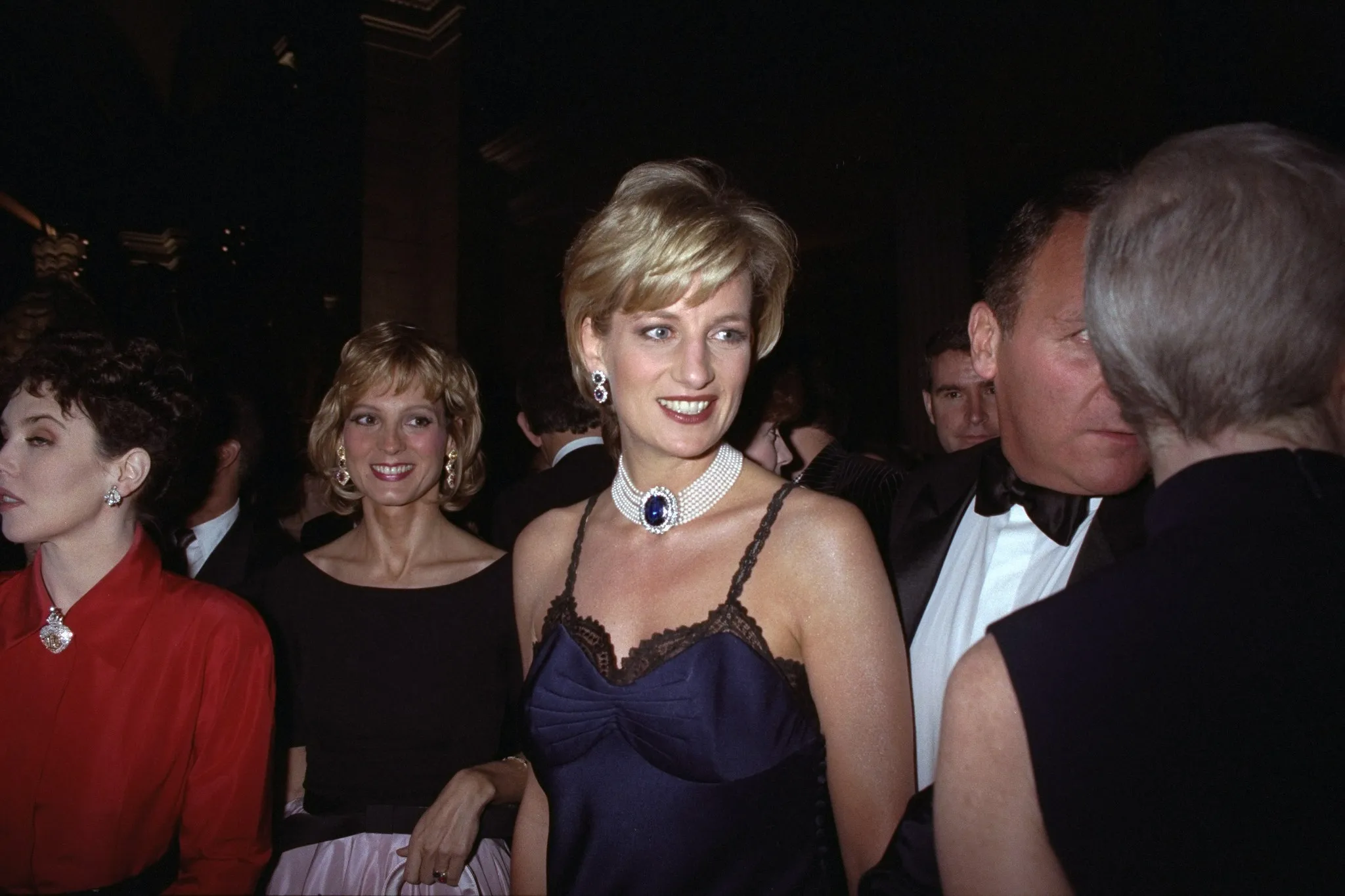
With the introduction of the digital world, there becomes a new plateau ready for something to grow. We saw it with the rise of Kim Kardashian who “fought” very hard to be accepted in the role of fame and accepted in the celebrity world.
Besides the sex tape, Kim was seen just as a reality tv star and a social media “influencer” — although the title “influencer” was not a thing at the time. Her arrival at the Met Gala was a statement brushing arms with those who “earned” their place in the celebrity world.
It does not stop there. Social media influencers like James Charles, Emma Chamberlain, Addison Rae, Dixie and Charli D’Amelio. All young people who happened to make waves on the internet.
Yet, the world of fame and the onlookers perceive them to be people not worthy or deserving of being on a carpet reserved for those perceived to be at the top of the human food chain.
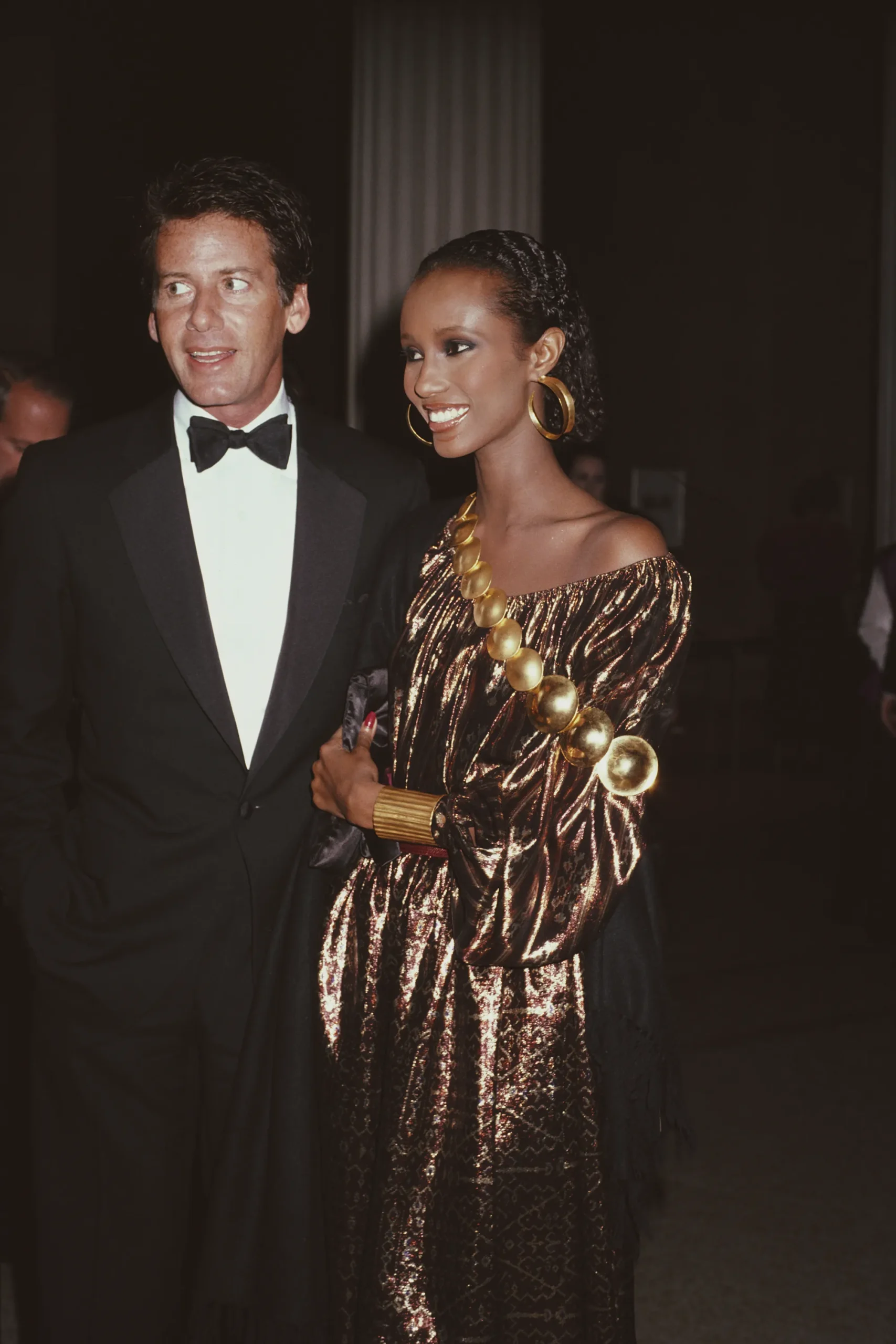
The 2022 met gala will most likely continue this newfound tradition of inviting influencers. Maybe it is a way of keeping relevant with Gen Zs.
Perhaps this is a way of trying to rid the event of staleness and maybe for us onlookers, the perception of celebrity puts us in a frenzy — especially if it’s serving people who got “famous” off of dancing for a phone camera? Perhaps the comparison of what makes “good work” is one rooted in capitalist logic? One that we should start questioning.
Our idea of celebrity is changing.
Is that such a bad thing?
